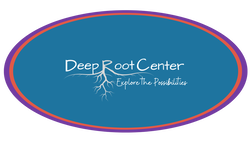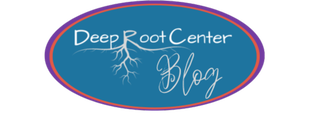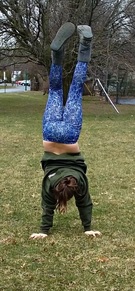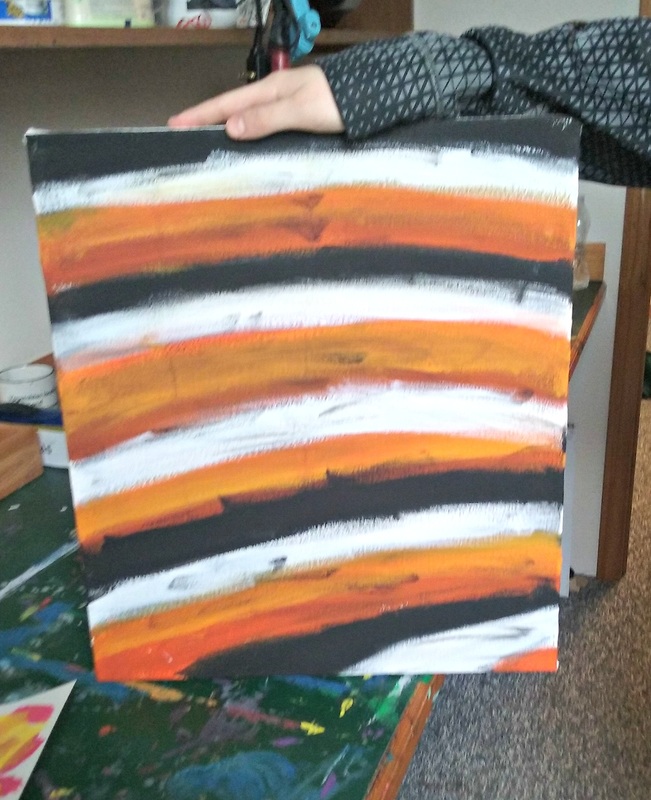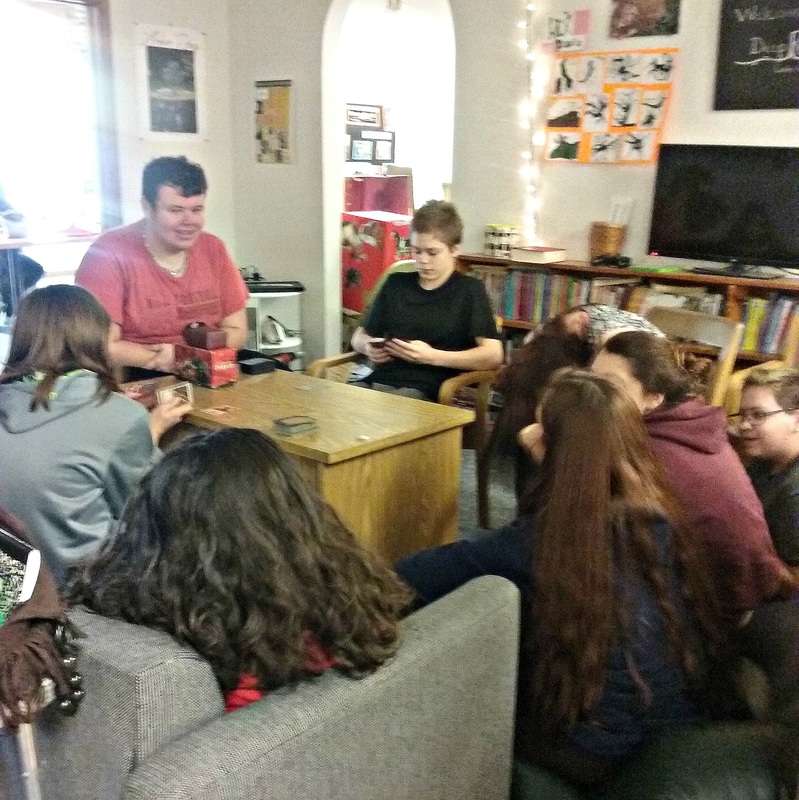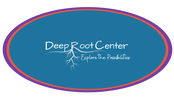0 Comments
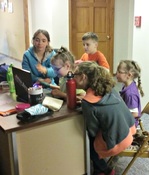 by Maria Corse Respect yourself, each other, and this space is the one guideline that we request each youth at Deep Root Center utilize when they take responsibility for their education and their life by joining the DRC community. Each student is presented with multiple occasions, everyday, to take action on that core philosophy. These decision making opportunities, as our students are discovering, run the gamut from mundane to profound, with either positive or negative impacts, that can change lives. Recognizing that the full significance of each option may not always become apparent until after the fact, the acrostic below employs words that can help each individual make choices that are favorable for themselves, as well as the broader spectrum of all humanity. Community: Use your talents and brilliance to do meaningful work for the good of everyone. Holistic: Involve your mind, body, and spirit in the whole process. Open: The world is full of amazing opportunities. Contemplate each one with objectivity. Initiative: Take responsibility. Be the leader; use kindness and compassion as your guide. Collaboration: Cooperate and share with others to make life better (easier) for everyone. Enjoyment: Love what you do and live life to the fullest. Support: Empower others to make affirmative decisions. Pay it forward! DRC NEWS: Staff Road Trip André and I traveled to Amherst, MA this past Friday to visit North Star, the inspiration and model for DRC and the other Liberated Learner Centers. We spent several hours talking to North Star members and staff and participated in their community meeting. Thank you to Loran, Ellen, Jon, and the North Star teens for hosting us and answering our many questions! North Star currently has sixty plus student members and this is their 20th anniversary year. Last summer, they moved to a brand new building outside of Amherst in Sunderland, MA. Their student members, like DRC students, are involved in group classes, one-on-one tutorials, socializing, internships, and independent projects. North Star members also have the opportunity to become deeply engaged in their community through activism and social justice trips. Several students were leaving, as we arrived at their building, to participate in a Fossil Fuel Divestment demonstration at UMASS Amherst. Some also recently traveled to Washington DC to work at soup kitchens and food pantries. They were also honored to meet with their Congressional Representative on the Capitol steps. These teens are taking charge of their education in ways that serve themselves and the wider world.
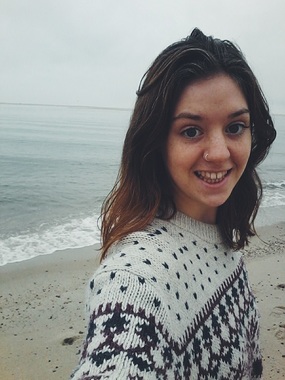 Thank you to Kenzie Corse for this guest post. Who, as alluded to in this piece, has been an independent self-directed learner her entire life. I truly believe her very first words were “by my own”. Creativity, nature, and imaginative play have always had a large role in Kenzie's life. If you have a keen eye, you will find remnants of multiple “fairy houses” scattered throughout the thirty-seven acre wooded playground she called home for eleven years of her life. She is currently at the end of her first year at Hampshire College, after spending last year exploring some of her interests and learning how to live on her own in Western Massachusetts and Portland, Oregon. Kenzie was the first unofficial DRC kid and is the basis for many of the stories I relate when parents are concerned that their child will not be able to go to college, if they pursue their high school career at Deep Root Center. I am just nearing the end of my first year in college, and it is almost embarrassing to admit the number of times that I have second guessed myself, and contemplated quitting school. No one told me the doubts I would face -- as a person who just wants to be in nature and away from civilization -- when I made the decision to enroll into an academic learning atmosphere. Because I am a person who loves following my own path, and rarely does anything but that, I had an immediate desire upon arriving on campus to express my need for an individualized curriculum and for extra space to figure things out by myself. I constantly worried that I had not made an impression on my advisors and professors, and that I would get nowhere academically because I had no drive to do what other people told me to do. Although I am a few months wiser, I still experience a weekly self-interrogation session that involves crying and writing about what I want. Despite my best intentions to figure out what I’m really hankering to get out of college, I always end up back at the same intention that I set at the beginning of the year: figure out what you like doing and do it. I tell myself that this guideline is so incredibly simple that I should probably be happy about it, but it continues to annoy me with it’s simplicity, and lack of instructions for how to get myself through college without falling apart. I have recently decided that I am an aspiring environmental writer, but I’ll admit that this is probably going to change. In my first year at Hampshire College I have gone through so many interests involving environmental studies, literature, and anthropology that it makes my head spin. For the time being, I have decided that I am most happy when I am writing, and even happier when I’m outside, so -- following my mother’s example -- I figured that there’s no harm in pursuing a subject makes you actually want to get out of bed. But what happens if you are not given the space to do what you enjoy doing? In terms of environmental science -- and the general rigidity of defining what science is in an academic setting-- it is tricky to follow your dreams, when trying to adhere to academic standards, and social norms within science fields. Scientists -- speaking generally -- focus more on fact based questions, which are biased and generally do not follow through with addressing personal connections with the Earth. Although many environmental science courses do allow room to explore your own interests, and tie social and political aspects into your studies, it is still expected that you look at ecology, plant physiology, and all aspects of Earth studies from the point of view of the professor; resulting -- at least for me -- in a small amount of self-loathing when I don’t understand quantitative aspects of my classes, but instead would happily write an entire book of poetry on soil decomposition and the biogeochemical aspects of the surrounding terrestrial landscapes. What drives my passion for the environment is based on subjective realities, and emotions that I have experienced when I am out of doors, therefore it is challenging to find space for my enthusiasm in a field that is rigid, and fact based. So, my weekly questioning continues: should I keep indulging in these ecology classes even though I am only interested in becoming more environmentally knowledgeable within my creative work? In a reading that talks about language barriers in academia that I recently had the pleasure of perusing, the author, a botanist and a member of the Citizen Potawatomi Nation, stated, “[m]ight science and traditional knowledge be purple and yellow to one another, might they be goldenrod and asters? We see the world more fully when we use both” (Kimmerer, R.W., 2013 ). In other words, why can’t we connect traditional and nontraditional educational methods in our studies, in order to cultivate a more encompassing understanding and love of the world around us? Thankfully, I am now able to begin to solidify an answer for myself, and feel positive about the work I am doing. I’ve decided that it’s not about making it big, or impressing everyone around you, it’s about creating an intrinsic connection with your surrounding environment, and in turn, loving what you do. Sources: Kimmerer, Robin W. (2013) “Braiding Sweetgrass” Minneapolis, Minnesota : Milkweed Editions [book]
|
|
© 2024 Whole Learners, Inc. 501(c)3
Deep Root Center
48 Riverside Drive, Canton, NY 13617
315*323*1435/[email protected]
Deep Root Center
48 Riverside Drive, Canton, NY 13617
315*323*1435/[email protected]
